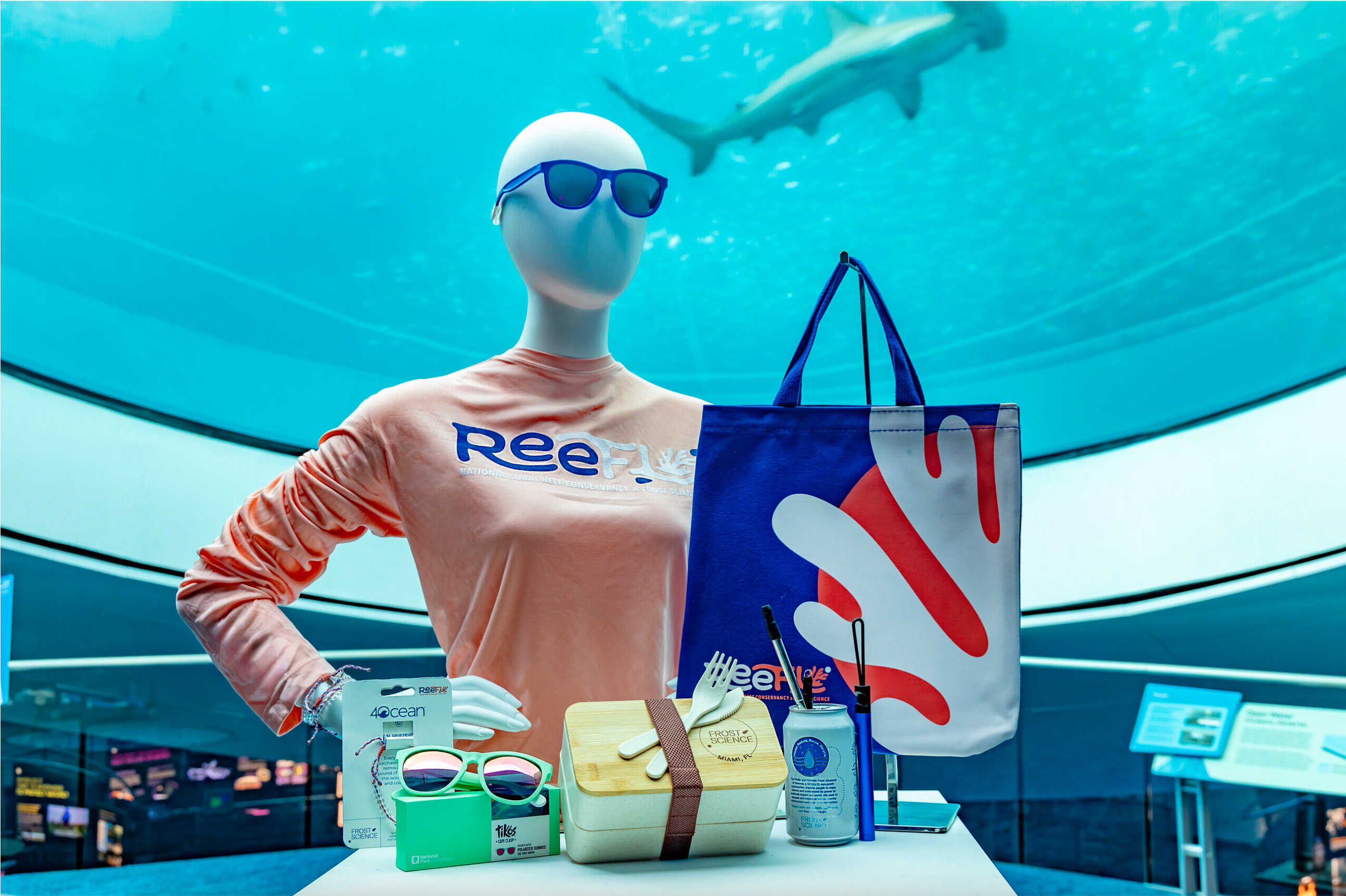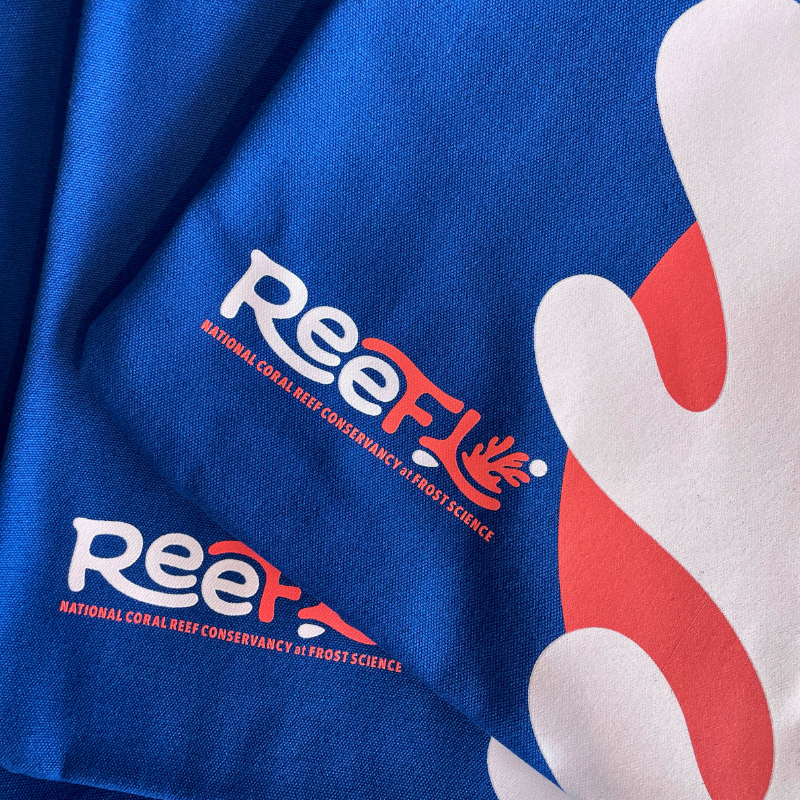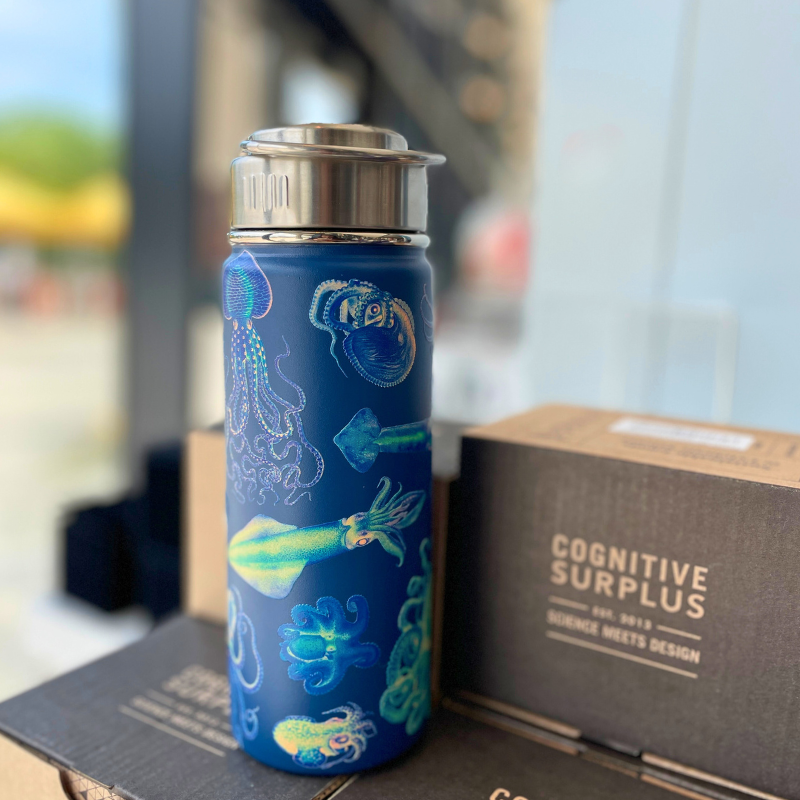
Our oceans are being inundated with plastic—at the rate of at least 1.7 million tons per year, according to recent high-quality research. Scientists estimate the ocean currently holds 30 million tons of plastic. This is an enormous amount of plastic, and decreasing the amount of it entering the ocean is an important conservation challenge. Reducing the volume of plastic we use in our daily lives is one way we can all contribute to solving it.
The Science Store at Frost Science, proudly owned and operated by the museum, is doing exactly that! The Science Store is dedicated to inspiring people to understand the power of science to positively impact our world. To mark World Ocean Month this June, we want to highlight some of the initiatives we are taking to reduce the amount of plastic going into the global waste stream and to bring eco-friendly options to Frost Science guests.
For many of us, choosing earthy-friendly keepsakes and gifts is a priority. The Science Store is making this easy through the new Earth-Conscious Initiative collection. Each piece on this curated list of products is made of recycled materials—keeping plastics and other materials out of the ocean—and ships in fully plastic-free packaging. The list includes tote bags, drinking glasses, toys and art supplies, and even a Barbie doll made of recycled plastic. We also sell special-edition Frost Science bracelets, made in collaboration with 4ocean, to celebrate our ReeFLorida initiative. This collaboration supports 4ocean’s mission to remove five pounds of trash from the ocean and rivers for each bracelet sold.
The Science Store has been plastic bag-free for more than three years, another small step toward reducing our plastic output. Guests who spend more than $50 walk away with a reusable tote, with paper bags reserved for smaller purchases. A good way to hit that $50 mark? Help us promote Frost Science’s conservation work by grabbing a ReeFLorida tote bag or MUVE water bottle!
For the future, the Science Store is exploring options to go entirely plastic-free for all shipping and packaging. This complements existing efforts by Food@Science, which now uses entirely compostable materials for food packaging and flatware, and is composting uneaten food. To date, we have we have diverted almost 16,000 pounds of food scraps from ending up in a landfill—preventing 15,422 miles worth of automotive carbon dioxide emissions from entering the atmosphere—through our partnership with Compost for Life.



